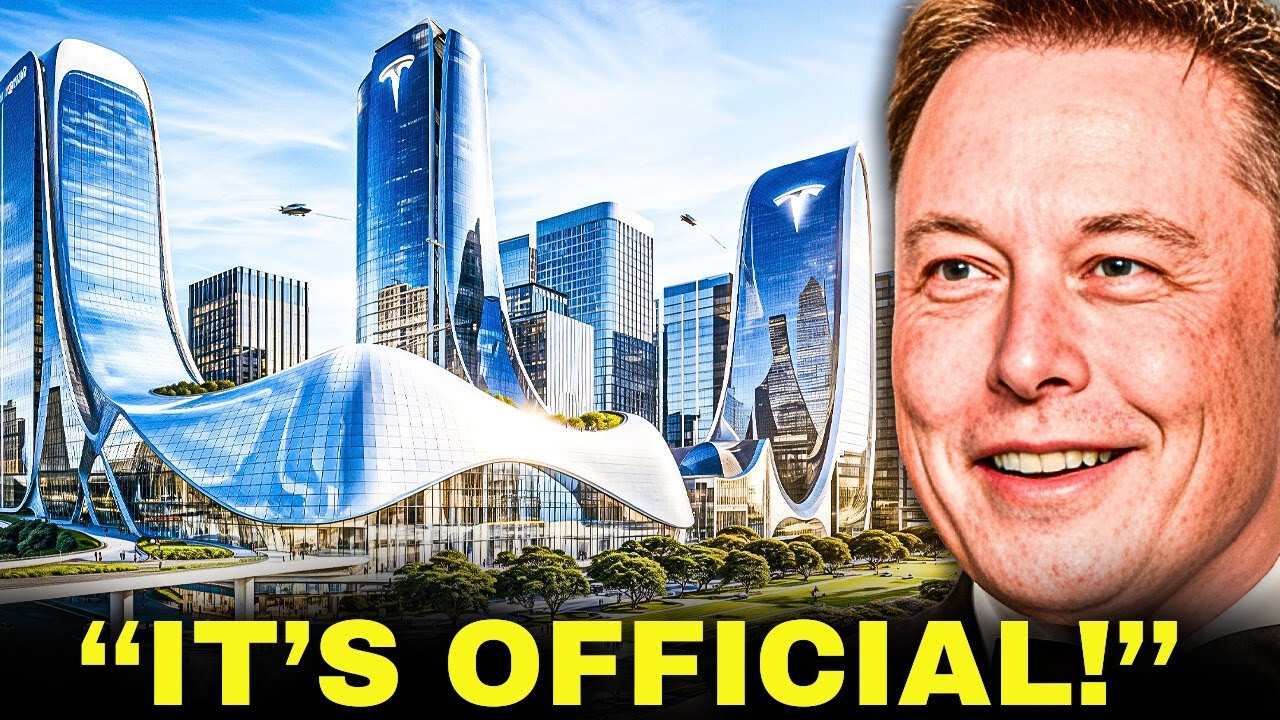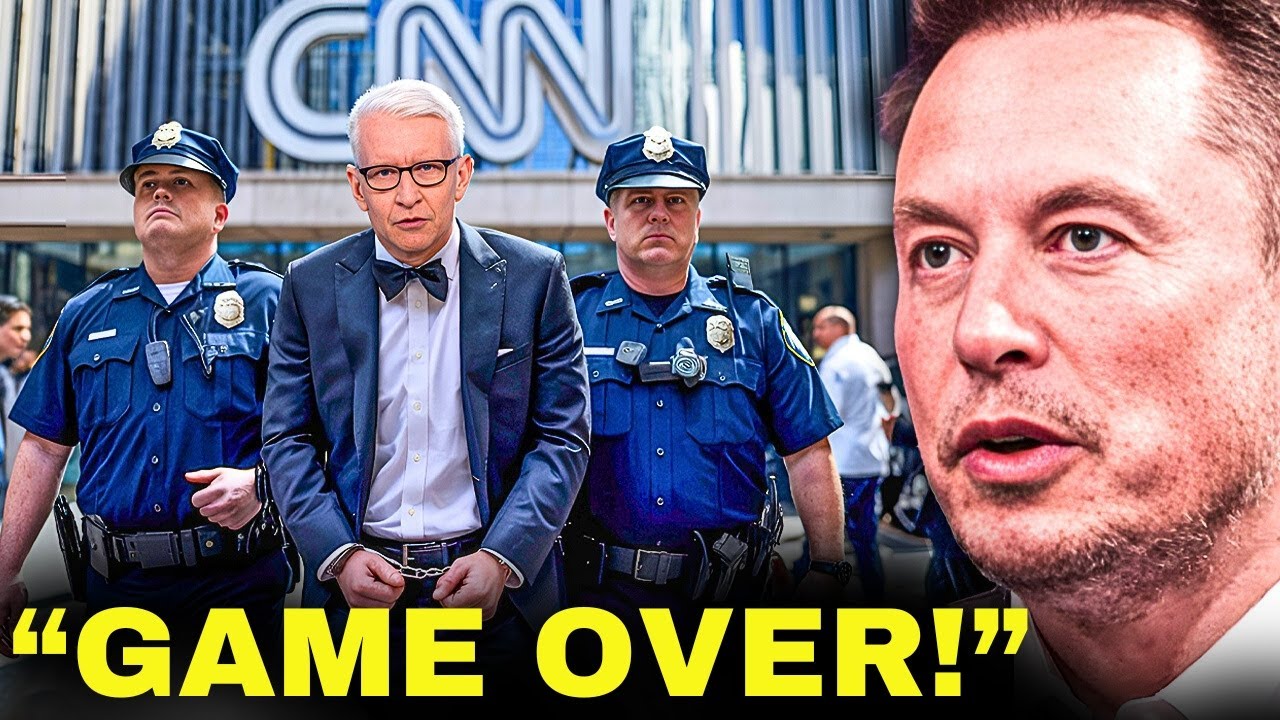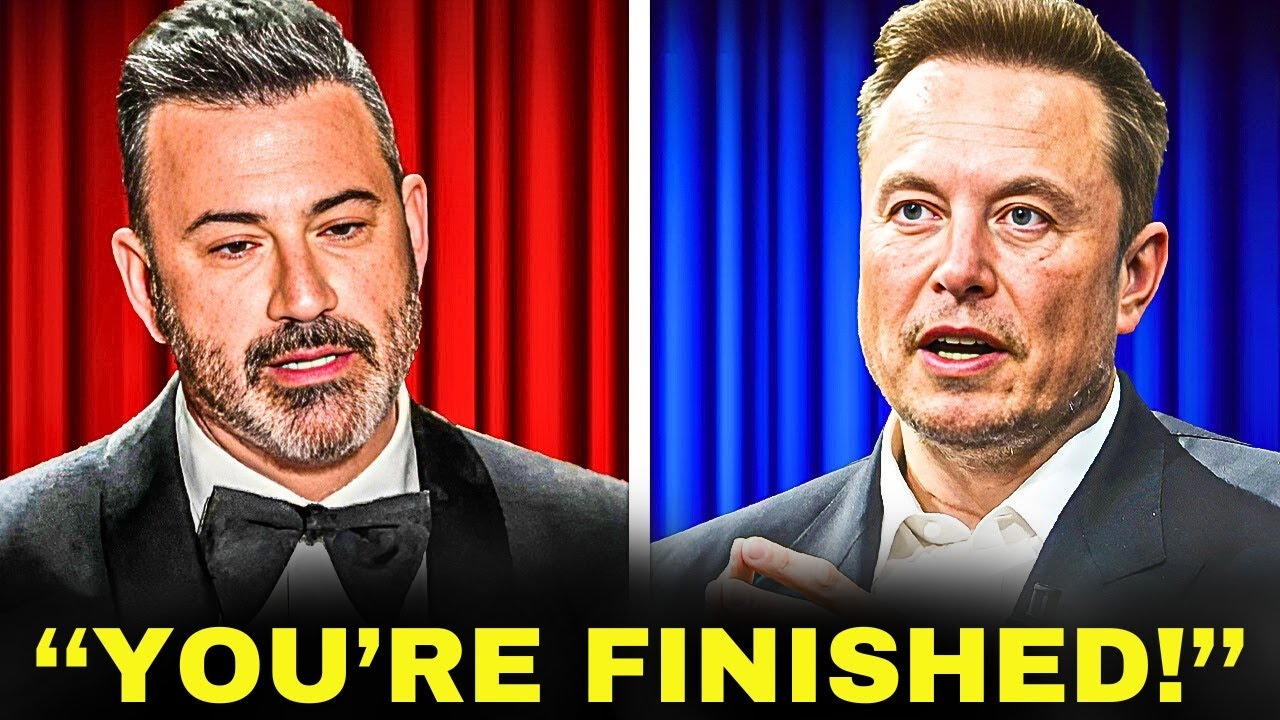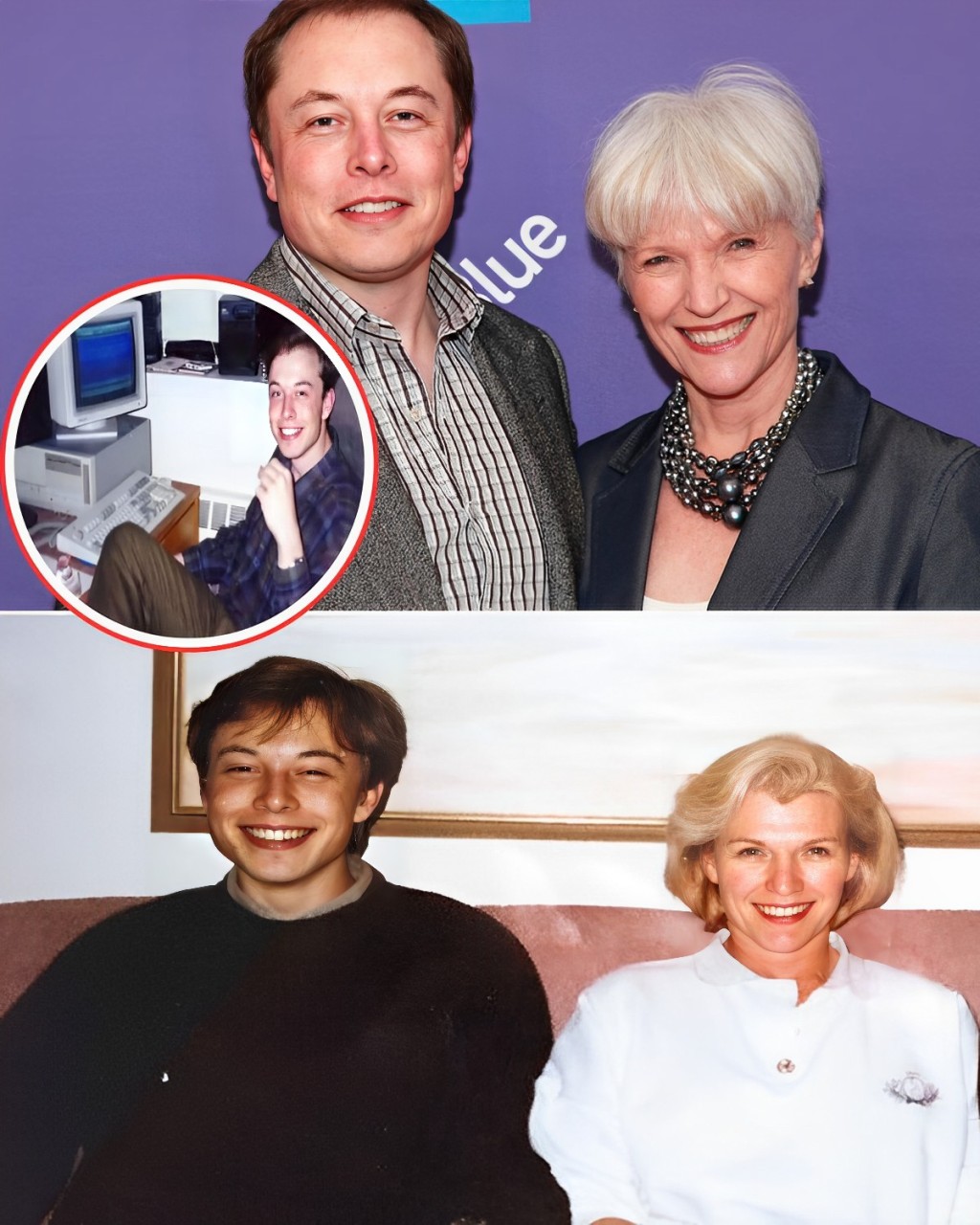Tesla is falling far behind its competitors in China.
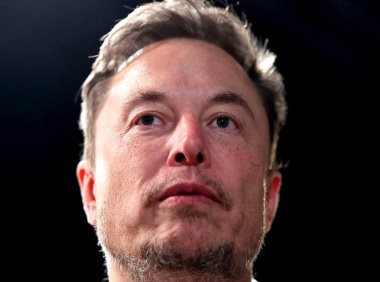
Chinese car buyers are increasingly shunning Tesla as rival manufacturers flood the market with more advanced electric models, the Financial Times reports.
Tesla’s market share of electric vehicles in China, including battery-powered hybrids and plug-in hybrids, fell to 6.5% in the first seven months of the year from nearly 9% a year earlier, according to data from Shanghai consultancy Automobility.
Additionally, Tesla’s sales in China in the first half of the year were $9.2 billion, down from $10.6 billion in 2023. The company has not launched a new electric vehicle in China since 2019, while other automakers have launched more than 100 new models in the country this year alone.
![]()
“It will be very difficult – if not near impossible – for Tesla to gain sales from any competitors without any new products,” said Tu Le, founder of consultancy Sino Auto Insights.
Tesla’s troubles come as China’s electric vehicle sales have surged more than 30% this year, fueled by a nearly 90% jump in sales of hybrids, a technology that combines a smaller battery with a fuel-powered motor.
As Tesla’s sales decline, Chinese rivals including Warren Buffett-backed BYD are capitalizing on the hybrid craze. The cars were initially seen as transformative technology, but in China they also benefit from generous subsidies and their popularity has forced companies that focus solely on battery-powered vehicles to reconsider their product lines.
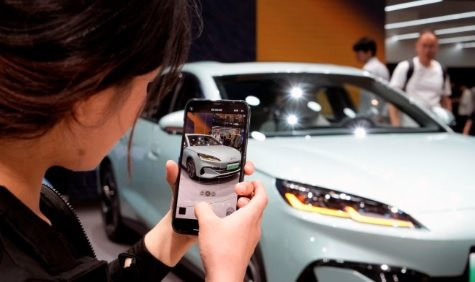
Increasingly, electric vehicle sales are coming from outside the first-tier cities of Beijing, Shanghai, Guangzhou and Shenzhen, said Tina Hou, head of China auto research at Goldman Sachs.
“More and more sales are coming from lower-tier cities. Their charging infrastructure is not as strong, so people will be more concerned about range,” she said.
Bill Russo, former head of Chrysler in China and founder of Automobility, said Chinese automakers have been quick to respond to the growing post-pandemic demand for family cars with longer driving ranges. Larger, cheaper plug-in cars have become popular for vacations and weekend trips: “Access to charging stations is a big factor in purchase considerations,” he said.
Shenzhen-based BYD, which controls the lion’s share of the plug-in vehicle market, has launched two hybrid models this year with a range of 2,100 km on a single charge and a tank of gas — more than three times the range of Tesla’s Model S.

In August, Volkswagen-backed Xpeng, which focuses solely on electric vehicles, admitted it was “closely studying” new hybrid technologies, while Geely’s Zeekr EV unit said it would launch its first hybrid model next year.
The rise of cheap hybrid electric vehicles in China is exacerbating the woes of foreign automakers that have been slow to shift away from internal combustion engines. Experts say the share of Chinese brands in domestic car sales has risen to a record high of more than 60% this year.

But Tesla’s decision to offer interest-free loans in China this year has helped limit the fallout, said Lei Xing, founder of Chinese consultancy AutoXing. “Maintaining steady growth is a victory in the current bloody war,” he said.
Against this backdrop, analysts say Musk is under increasing pressure to convince Chinese regulators to give Tesla’s semi-autonomous driving software — known as FSD or “full self-driving” — a potentially lucrative new revenue stream for the company.
Musk, whose business empire includes SpaceX and social media platform X, believes deploying the technology is central to future success, including in the nascent robotaxi market. He has prioritized developing it over releasing a long-delayed low-cost electric car, informally known as the Model 2.
In late April, the billionaire flew to Beijing and met with government officials. The trip appeared to help Tesla ease concerns about Beijing’s data privacy compliance and pave the way for access to China’s mapping and navigation systems.
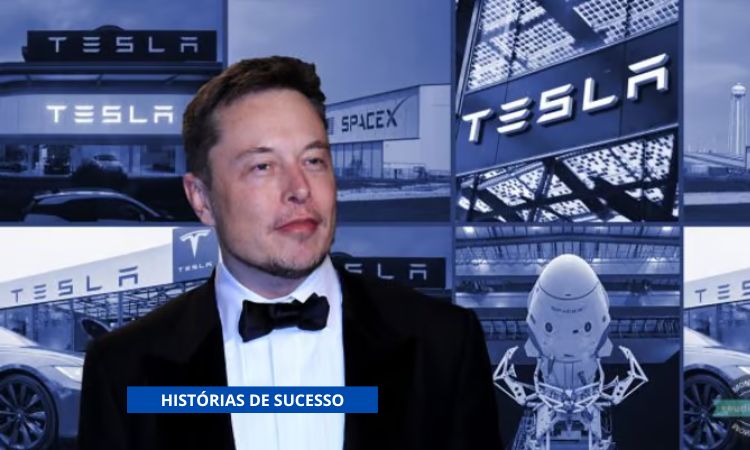
Experts say this signals Beijing’s approval of Musk and his technology plans. There have been positive signs from Tesla’s local partners that the automaker’s self-driving platform is getting closer to launch, said Yuqian Ding, an analyst at HSBC in Beijing. The software will be available to more than 1.6 million Tesla vehicles in China.
Analysts note that exports from Tesla’s Shanghai factory, which account for about 20-30% of output, are useful as a buffer against any Chinese slowdown.
However, Sino Auto Insights’ Tu Le said it was difficult to see Tesla making “any momentum” in China without new products to compete with China’s growing portfolio of battery electric and plug-in vehicles, or a sudden shift from Beijing on autonomous driving regulations.
“I think Musk has some wishful thinking. I wouldn’t be surprised if before the end of the year he comes back and tries to launch FSD in China,” Tu Le said.
